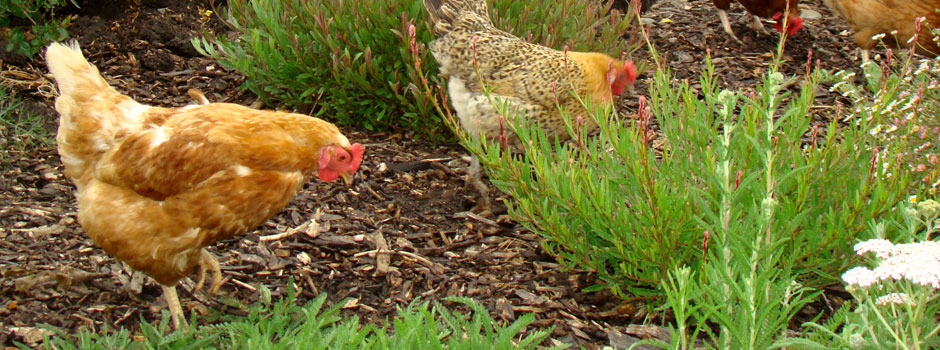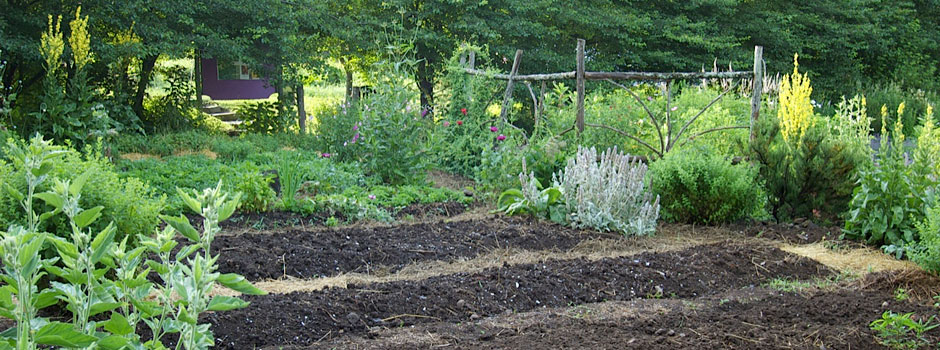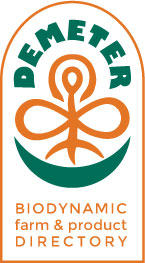“Healing people and the planet through agriculture”
Marketplace Notes...
Food Security and Your Right to Know
We are witnessing a struggle against two ends of the seed spectrum that may ultimately be a zero-sum wager. At one end are heirloom seeds- cultivers that have been handed down from one generation to the next through seed saving and seed sharing. Proponents of heirloom seeds are interested in biodiversity, flavor, nutrition, and perhaps most importantly food security. They view the ownership of seeds as a basic human right. To own your own seed is to control your own food source.
On the other end are Genetically Modified Organisms (GMO) or transgenic seeds, modified in laboratories and “owned” via patents. Proponents of GMO seed talk about feeding the masses, creating crops with inherent disease and insect resistance that are highly productive. But we have to ask ourselves: are the true costs of these types of seeds really taken into account? And once the transgenic genie is out of the bottle, can you get her back in?
Even if we agree that reasonable people can disagree on the subject of GMO’s- and we allow for at least “some” GMO’s in our food system- how do we keep them isolated? Or, put another way, how do we protect our seed bank- which many view as humanity’s right to possess- from GMO contamination? I mean- bees will be bees and the wind will blow….
I think that our supply chain is very slow to realize how vehemently a growing number of consumers DO NOT WANT GMO’s in their food. As a matter of fact, in a report just released last week- the 2010-2011 annual EcoFocus Trend Survey that polled more than 7,000 nationally representative adults ages 18 -65- consumers resoundingly stated that listing “GMO-free” on labels was more important than labeling “Certified Organic”! 40% polled listed “Certified Organic” as extremely important or very important, while 45% listed “GMO free” as such, up 6 points since the year before. (http://blog.ecofocusworldwide.com/) That is incredibly significant.
As is true with many things, and speaking as a Californian, CA may be a very accurate barometer of where the country is going on this issue. Almost 1M Californians have signed the “Right to Know” petition that will put an initiative requiring genetically engineered foods to label as such on the state’s November ballot. (http://carighttoknow.org/) Polls have shown that 9 out of 10 voters in the US and in CA back labeling, as do a number of consumer and environmental advocacy groups and organic farmers and processors.Â
And the reality with GMO’s is this: if you are, for example, a producer of canola oil, or if you are a processer that utilizes canola oil in a product, you may not be able to produce your product as GMO free even if you want to and your customers want you to. Because there probably won’t be any non-GMO canola oil, processed from rapeseed- which is pollinated by bees, in the not-to-distant future.
This is a matter of extreme urgency. We are nearing a fork in the road that will be very hard to rectify if we take the wrong route. Whether you are a consumer who doesn’t want GMO-laced foods, or a company whose interest and purpose is to serve that consumer: you have to decide soon. Frankly it’s looking like consumers already have.
Almost one million Californians have signed the “Right to Know” petition that will put an initiative requiring genetically engineered foods to label as such on the state’s November ballot.Â
Learn more at: carighttoknow.org
---------------------
Previous Articles




